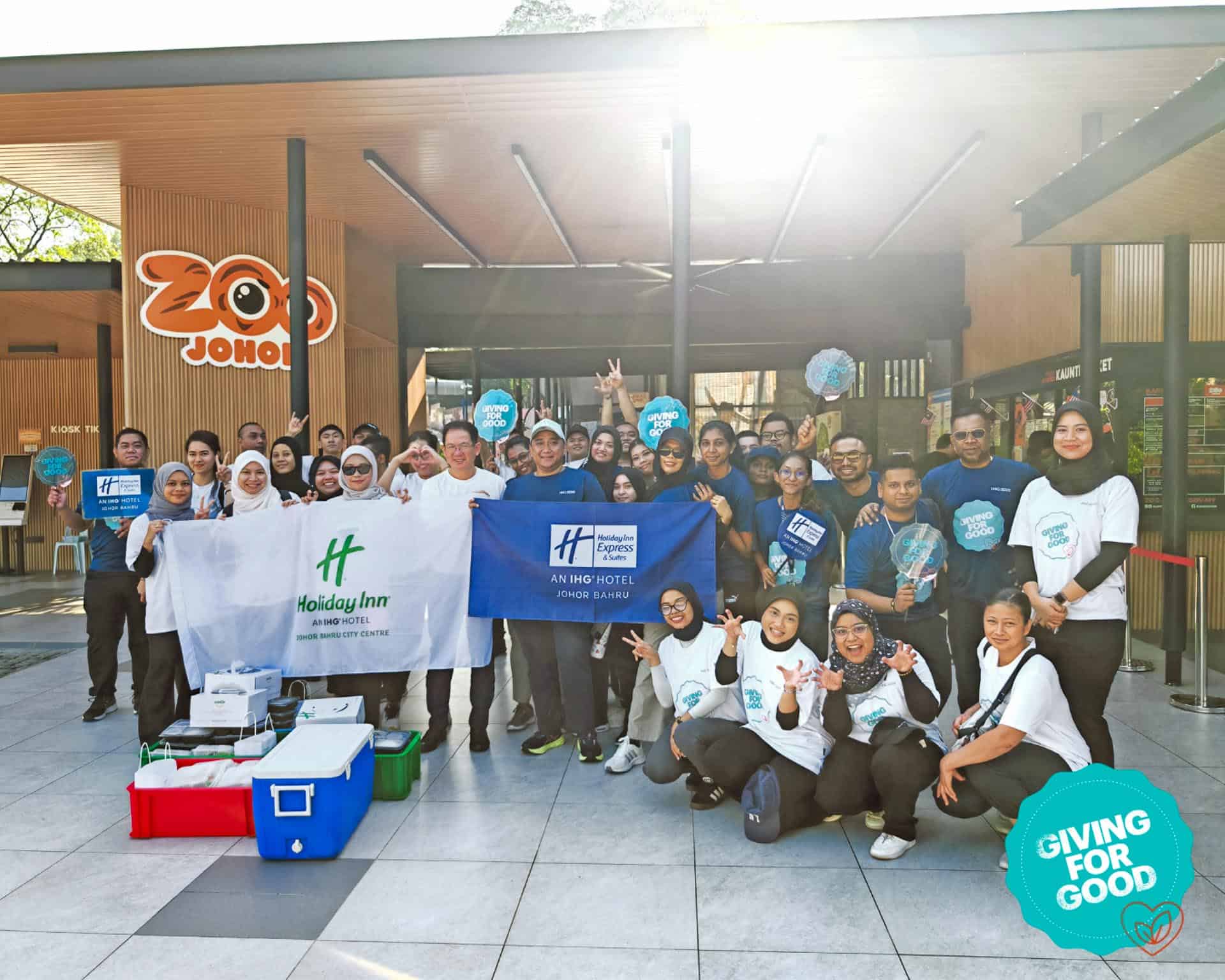
Kaspersky’s latest white paper revealed that 7 in 10 educators would rather use mobile data than a public network as a precautionary measure. However, 90% believe that there is a chance of their digital devices getting attacked in the future.

Kaspersky’s latest white paper highlights the crucial role of educators in Asia Pacific (APAC) in enhancing cyber education in the classroom. A five-week study, undertaken as a collaboration between Kaspersky and Associate Professor Jiow Hee Jhee from the Singapore Institute of Technology, was conducted among 157 educators across India, Singapore and the Philippines.
The research revealed that educators who practice proper cyber hygiene exhibit greater confidence in instructing students on identifying suspicious sources and managing suspicious emails. This confidence particularly extends to educators who are well-informed about appropriate measures or have received some form of training from an expert.
Among the educators surveyed, nearly 70% would rather use their own mobile data as a precautionary measure than a public network. Whereas for unknown links and attachments, 70% of the respondents are suspicious and remain wary of links they receive from unknown users or websites.
However, when it comes to creating a secure and strong password, 85% of the respondents acknowledge that there is a likelihood that someone could guess and crack their passwords. 90% also said that there is a chance that their digital devices would get attacked in the future.
Though data theft resulting from compromised passwords is a serious threat to online security, close to 90% of the respondents deemed that the impact of password breaches, including their personal data getting stolen, would not be severe.
While educators are aware of how to protect themselves from cyber threats online to a certain degree, this knowledge might be insufficient to keep them completely safe online, nor is it enough to keep them confident in preaching cyber hygiene to their students. Moreover, they may need to be made aware of the risks and implications resulting from security breaches and how their stolen data can be used for illegal or illicit activities, both online and offline.
“As we strengthen our efforts to create a cyber-immune global community, the role of educators cannot be overstated. With the dangers of cyber threats remaining a pressing issue, it is imperative for educators to possess adequate knowledge of safe cyber hygiene practices and gain an understanding of the repercussions of incautious actions online. Kaspersky’s white paper highlights how schools and institutions should look towards identifying and bridging the gaps in the classroom to best prepare the next generation for online threats they may increasingly face,” said Trishia Octaviano, Academic Affairs Manager for Asia Pacific at Kaspersky.
Kaspersky recommends the following:
Access the full white paper here.